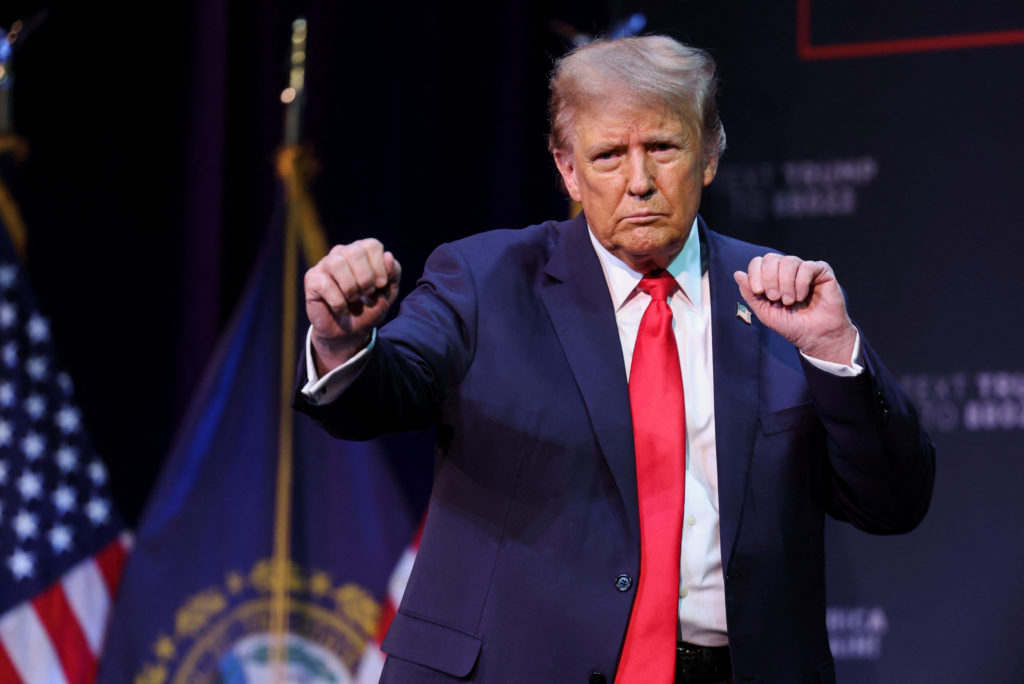In the New Hampshire primary, former President Donald Trump secured a significant victory over former South Carolina Gov. Nikki Haley, solidifying his position in the 2024 Republican nomination race. The Associated Press declared Trump the winner with a 54% to 45% lead over Haley. Despite this, Haley, in her runner-up speech, claimed the right to continue, emphasizing that they had a long way to go, and New Hampshire was just the beginning. Trump’s triumph in New Hampshire followed his substantial win in the Iowa caucuses, forcing Florida Gov. Ron DeSantis, the distant second in Iowa, to withdraw and endorse Trump.
Haley’s strategy of focusing on New Hampshire as a battleground state with independent and moderate Republican voters had been a key part of her plan. As the field of Republican rivals kept Trump below 50% in New Hampshire polls, Haley gained momentum in the fall, backed by strong debate performances and an endorsement from popular GOP Gov. Chris Sununu. The campaign spending reflected this rise, with Haley’s team and affiliated super PACs investing nearly $30 million in ads, double the amount spent on Trump’s side.
In the final days of the race, Trump adopted a “pincer” strategy, targeting Haley on border issues from the right and challenging her stance on raising the retirement age for Social Security and Medicare from the left. The night before the primary, Trump showcased unity within the GOP by rallying with key endorsers. Meanwhile, Haley intensified her attacks on Trump’s perceived mental stability, citing instances of confusion.
Despite Haley’s commitment to continue to South Carolina, where her campaign plans a $4 million ad buy and a rally, the polling averages show a significant lead for Trump, indicating a challenging path for Haley. Super Tuesday on March 5 is identified as a make-or-break moment for Haley’s campaign, offering a clearer picture of the race after millions of Americans across 26 states and territories have voted. Trump’s federal trial for 2020 election interference is scheduled to commence on March 4.
Shayne Heffernan









